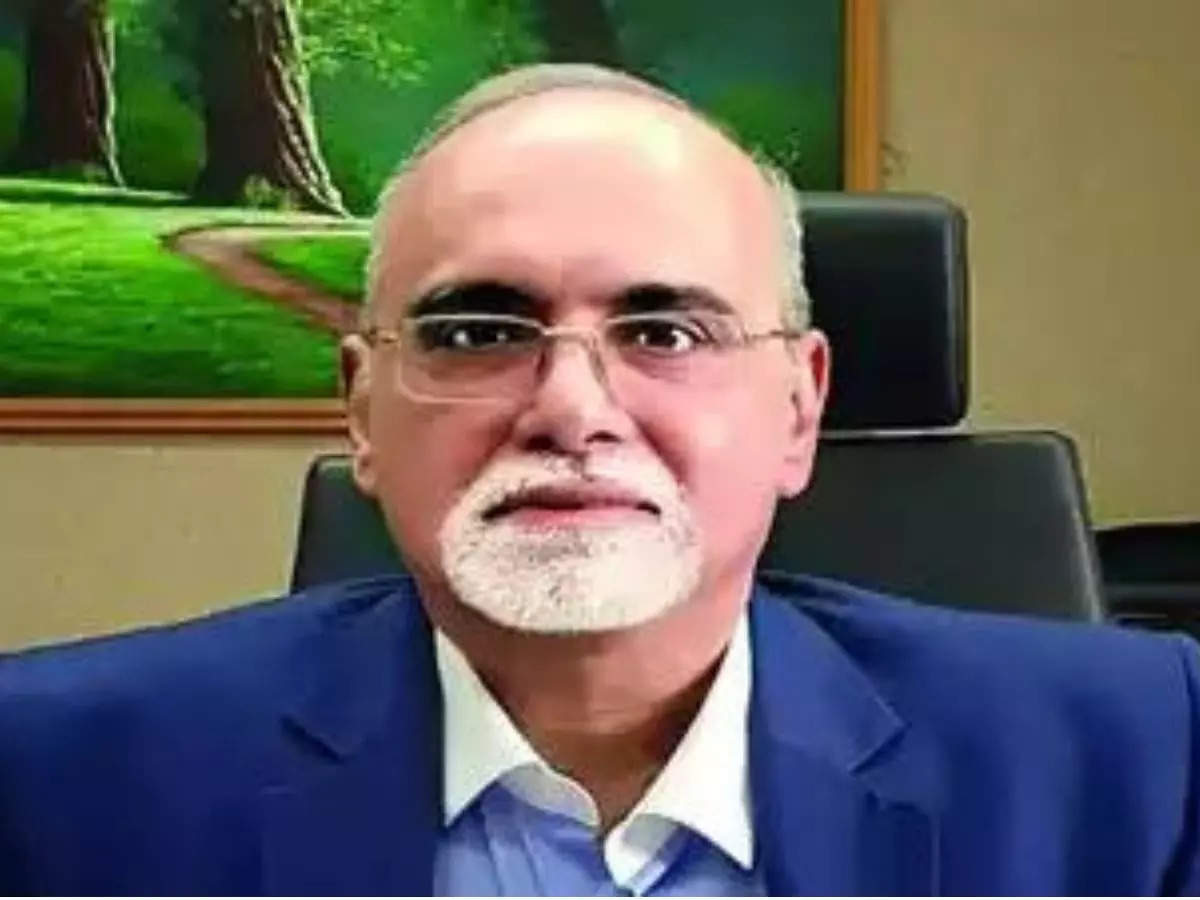
[ad_1]
Talking at an occasion in Mumbai Saturday night, he mentioned, “We have to stay alert to the spawning of latest concepts and traits within the markets. Attempt to perceive their scale and assess their potential to disrupt the markets and contemplate interventions the place and if essential.”
He additionally identified that regulators should deal with attaining a fragile equilibrium that addresses the crucial issues with out imposing an undue burden on regulated entities. He mentioned overregulation may result in elevated compliance prices, affecting effectivity and innovation amongst market gamers.
He additionally cautioned banks and finance corporations that their ‘elevated reliance’ on FinTech companions to establish and onboard clients mustn’t imply decreasing of underwriting requirements and improper pricing of dangers.
The feedback from the DG comes across the time the RBi has positioned restrictions on IIFL Finance to supply gold loans, JM Monetary Merchandise from endeavor any type of enterprise in shares and bond funding, Paytm Funds Financial institution from accepting deposits and Federal Financial institution and South Indian financial institution from issuing co-branded bank cards.
“As a regulator and supervisor, we’re inspecting the prevailing fashions and practices to see how finest they could possibly be leveraged for efficient credit score supply with out compromising on danger administration and prudential credit score underwriting requirements,” he mentioned.The deputy governor urged regulated entities to observe the regulatory tips in letter and spirit as its endeavours transfer in the direction of principle-based rules. “Nonetheless, a necessary prerequisite for the success of such an method is a monetary panorama which values self-discipline and compliance in each letter and spirit. Else, the flexibleness out there beneath the principle-based mechanism is likely to be misused for short-term beneficial properties.”The RBI’s DG additionally acknowledged that the regulator is planning to problem tips on anticipated credit score loss framework for mortgage loss provisioning, which can be a forward-looking measure and a number one identifier of stress.
“When issued, it’s anticipated to rework the evaluation of the credit score danger and be sure that the banks could have enough buffers by the enterprise cycles to face up to any impression of cyclical downturns,” he mentioned.
He additionally mentioned that RBI will quickly problem tips for securitizing stress property, which is able to assist develop a sturdy secondary marketplace for stress loans.
He identified that post-COVID, the credit score offtake in the direction of the patron credit score section, particularly the unsecured portfolio, was noticed to be fairly substantial. “Additionally, the elevated dependency of the non-bank monetary corporations on financial institution borrowings was resulting in regulatory issues.”
Though the asset high quality at a broader portfolio stage was not exhibiting any main indicators of stress, the persistently excessive development reported in these segments warranted some form of regulatory intervention, he added.








